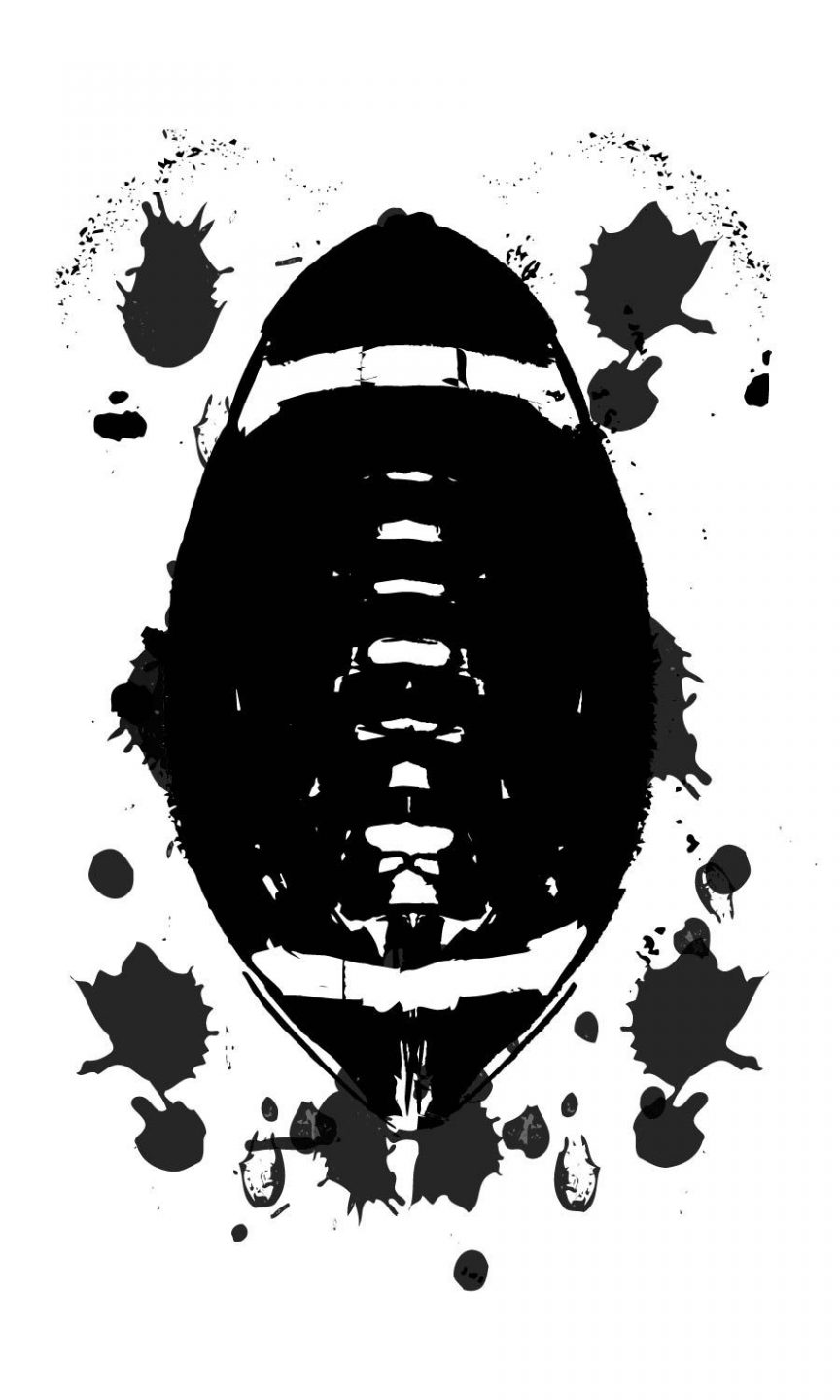Read the original story on SwimSwam.com

Mental toughness is a double-edged sword. As athletes, we learn from a young age that, if we put our heads down and tough it out, we typically achieve the goals we set. We see many resilient athletes who are successful because they swim through the physical pain. But when you apply the tough-it-out mentality to everyday life, it can be a dangerous combination. With mental health, toughing-it out is not always the best approach. Sometimes, you have to seek help. This doesn’t mean you aren’t tough, it means you’re stronger than you imagined.
MENTAL HEALTH WELLNESS: ONCE A TABOO TOPIC, NOW MORE IMPORTANT TO DISCUSS THAN EVER BEFORE
Everyone struggles at some point, whether it’s dealing with the loss of a loved one, living with depression or experiencing anxiety before a competition. Yet, instead of feeling connected to others that struggle, we feel alone because of the culture we live in. This performance-based culture breeds the tough-it-out mindset and promotes perceptions that asking for help is a sign of weakness.
As a community, we have to change that.
The swimming world has been shaken with the tragic and untimely deaths of multiple young swimmers across the country. Mental health wellness and conversations about mental illness are more important than ever.
The most difficult part about initiating a conversation around mental health wellness is that many mental illnesses or struggles faced by athletes can be hidden beneath the surface. When a person breaks their leg, it is a visible injury, one that people not only see, but will force the injured to ask for help. Mental illness does not operate in that way: people can spend years hiding their struggles without reaching for help. This fact makes it necessary to foster honest conversations around mental health wellness, the pressures faced by athletes and the promotion of help-seeking for those who are struggling.
There are unique mental pressures that come with being a swimmer. Not only do we face a demanding practice schedule that we must balance with academics and family life, we also deal with the pressure of having an entire season come down to one meet in the spring and one in the summer. These pressures can be crippling for anyone, from an age group swimmer to an Olympic medalist. Regardless of age or skill level, we all face similar pressures to succeed in something we have devoted our lives to.
It is a reassuring notion to know that we are not alone, that swimmers of all levels are connected through pressures faced. The next step to breaking down stigmas surrounding mental health is to spark conversation, teaching swimmers that it is not a weakness to reach for help. Not only does reaching for help show strength, it also gives athletes the self-awareness needed to be successful in the pool and in life. It is essential to understand that you do not have to have a clinical diagnosis to reach out and talk about mental health. Speaking about pressures is a healthy discussion that will give you a better understanding and awareness both in and out of the pool.
Reaching out for help when struggling may seem frightening, but it is a weight off your shoulders to find that you are not alone. Similarly, reaching out to a teammate who is struggling can be a hard discussion to start, but there are resources to help with that process.
Swimmers know where to turn to when they have a physical ailment, but sometimes it can be hard to gather information on where to seek help for yourself or a teammate when it comes to mental health. Below are some warning signs around mental illness, coping strategies to help with anxiety and resources to help those in need:
According to the Mayo Clinic, talk your parents or a trusted adult if you are experiencing these symptoms:
- Constant thoughts about performance or performance outcomes
- Can’t eat or sleep
- Don’t want to do things you usually enjoy
- Feel like you can’t control your emotions and it’s affecting your relationships with your family and friends
- Feel hopeless
- Feel confused, forgetful, edgy, angry, upset, worried, or scared
- Want to harm yourself or others
The Guide to Better Emotional and Mental Health provides examples of questions you can ask as friend:
- I’ve been worried about you. Can we talk about what you are experiencing? If not, who are you comfortable talking to?
- I am someone who cares and wants to listen. How are you doing?
- Sometimes talking to someone who has dealt with a similar experience helps. Do you know of others who have experienced these feelings who you can talk with?
- It seems like you are going through a difficult time. How can I help you to find help?
When talking to a friend, you may not always get a positive response at first. Regardless of your friends response, the fact that they know you support them in a judgment free way is the best way to create a safe environment.
The American Psychological Association is a great source to find additional coping skills:
- Breathing Techniques: Breathe in slowly and deeply through the nose and out through the mouth releasing all the oxygen. It is important to be present and focus on what your body is doing.
- Mindfulness: Being aware of your thoughts, if you are aware of thoughts you have the choice and opportunity to change them.
- Journal: Write down your thoughts of the day. Be sure to end each journal entry with three things you did well that day.
Additional Resources:
- National Suicide Prevention Line at 1.800.273.TALK (8255)
- https://athletesconnected.umich.edu/
- http://www.activeminds.org/
- http://www.adaa.org/
- http://www.nimh.nih.gov/index.shtml
Speaking up about mental illnesses is a difficult topic for anyone. Ultimately, it is the choice of those struggling to seek help, which can be a powerless feeling for those directly involved. Keeping an open dialogue with those around you, and having conversations about mental well-being, is the start needed to promote help seeking.
It is not always about toughing-it-out. It is about being tough enough to ask for help when needed.







